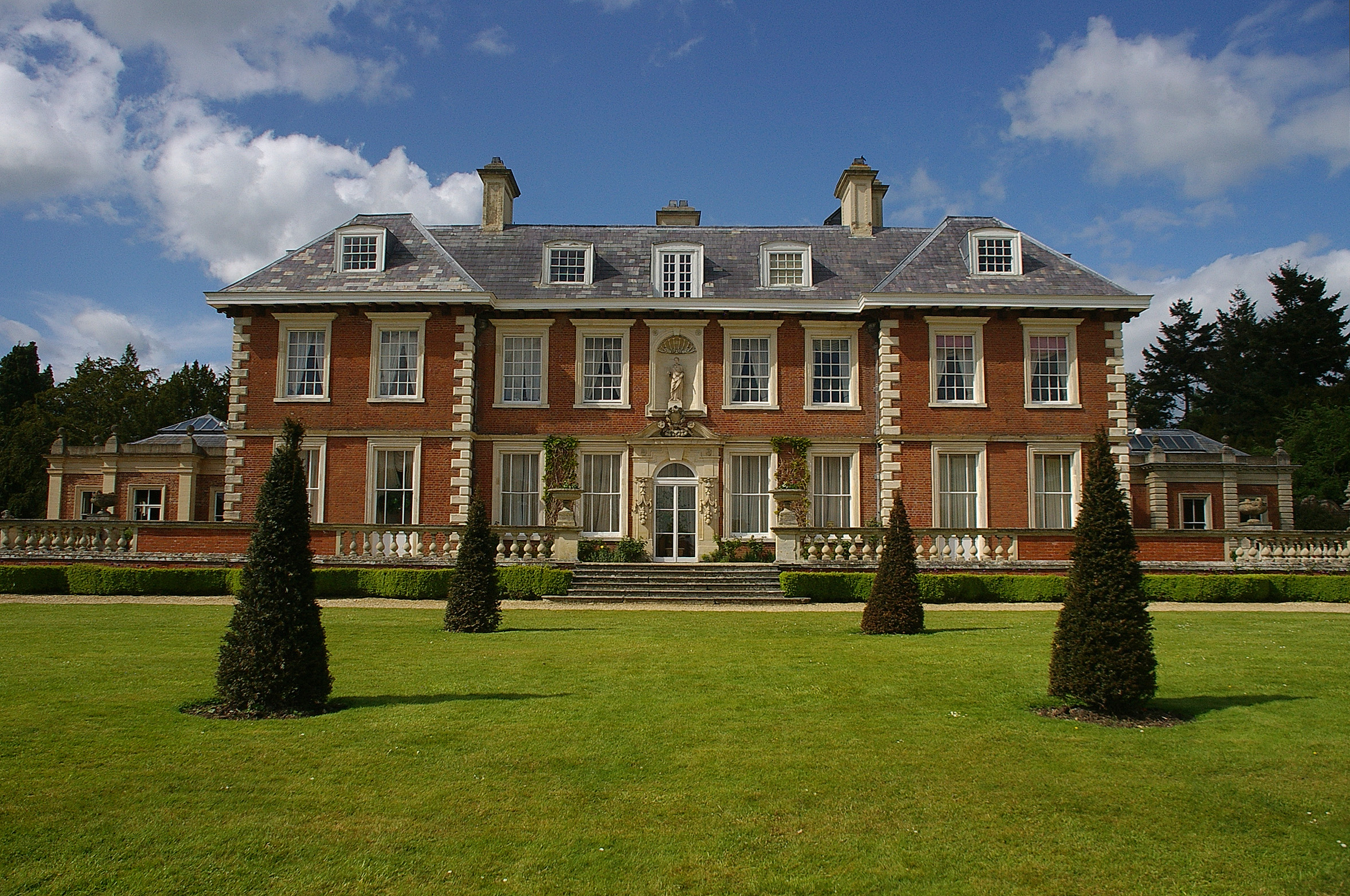William Cooke (1682–1709) on:
[Wikipedia]
[Google]
[Amazon]
William Cooke (18 December 1682 – 1709), of  Cooke was the second but eldest surviving son of Edward Cooke of Highnam, Gloucestershire and his wife Mary Newborough, daughter of Rowland Newborough of Berkley, Somerset. His grandfather, William Cooke, was also MP for Gloucester. He was admitted at
Cooke was the second but eldest surviving son of Edward Cooke of Highnam, Gloucestershire and his wife Mary Newborough, daughter of Rowland Newborough of Berkley, Somerset. His grandfather, William Cooke, was also MP for Gloucester. He was admitted at
Highnam Court
Highnam Court is a Grade I listed country house in Highnam, Gloucestershire, England, constructed in the 17th century. The estate passed from the Cooke family to the Guise family and, in the mid-19th century, was purchased by a member of the Gamb ...
, near Gloucester
Gloucester ( ) is a cathedral city and the county town of Gloucestershire in the South West of England. Gloucester lies on the River Severn, between the Cotswolds to the east and the Forest of Dean to the west, east of Monmouth and east ...
, was an English Whig politician who sat in the English
English usually refers to:
* English language
* English people
English may also refer to:
Peoples, culture, and language
* ''English'', an adjective for something of, from, or related to England
** English national ide ...
and British House of Commons
The House of Commons is the lower house of the Parliament of the United Kingdom. Like the upper house, the House of Lords, it meets in the Palace of Westminster in London, England.
The House of Commons is an elected body consisting of 650 mem ...
from 1705 to 1709.
 Cooke was the second but eldest surviving son of Edward Cooke of Highnam, Gloucestershire and his wife Mary Newborough, daughter of Rowland Newborough of Berkley, Somerset. His grandfather, William Cooke, was also MP for Gloucester. He was admitted at
Cooke was the second but eldest surviving son of Edward Cooke of Highnam, Gloucestershire and his wife Mary Newborough, daughter of Rowland Newborough of Berkley, Somerset. His grandfather, William Cooke, was also MP for Gloucester. He was admitted at Middle Temple
The Honourable Society of the Middle Temple, commonly known simply as Middle Temple, is one of the four Inns of Court exclusively entitled to call their members to the English Bar as barristers, the others being the Inner Temple, Gray's Inn an ...
in 1702. In 1705 he became Freeman of Gloucester.
Cooke was returned as a Whig Member of Parliament
A member of parliament (MP) is the representative in parliament of the people who live in their electoral district. In many countries with bicameral parliaments, this term refers only to members of the lower house since upper house members of ...
(MP) for Gloucester
Gloucester ( ) is a cathedral city and the county town of Gloucestershire in the South West of England. Gloucester lies on the River Severn, between the Cotswolds to the east and the Forest of Dean to the west, east of Monmouth and east ...
at the 1705 English general election
The 1705 English general election saw contests in 110 constituencies in England and Wales, roughly 41% of the total. The election was fiercely fought, with mob violence and cries of " Church in Danger" occurring in several boroughs. During the pr ...
. He voted for the Court candidate for Speaker on 25 October 1705 and supported the Court on the 'place clause' in the regency bill on 18 February 1706. In 1707, he was said to be pressing hard for his uncle to be appointed Dean of Gloucester, but was unsuccessful. He was returned as MP for Gloucester again at the 1708 British general election
The 1708 British general election was the first general election to be held after the Acts of Union had united the Parliaments of England and Scotland.
The election saw the Whigs finally gain a majority in the House of Commons, and by November ...
.
Cooke died unmarried in June 1709, aged 26, predeceasing his father.
References
1682 births 1709 deaths Politicians from Gloucester Members of the Parliament of England (pre-1707) for Gloucester Members of the Parliament of Great Britain for English constituencies English MPs 1705–1707 British MPs 1707–1708 British MPs 1708–1710 Members of the Middle Temple {{England-GreatBritain-MP-stub